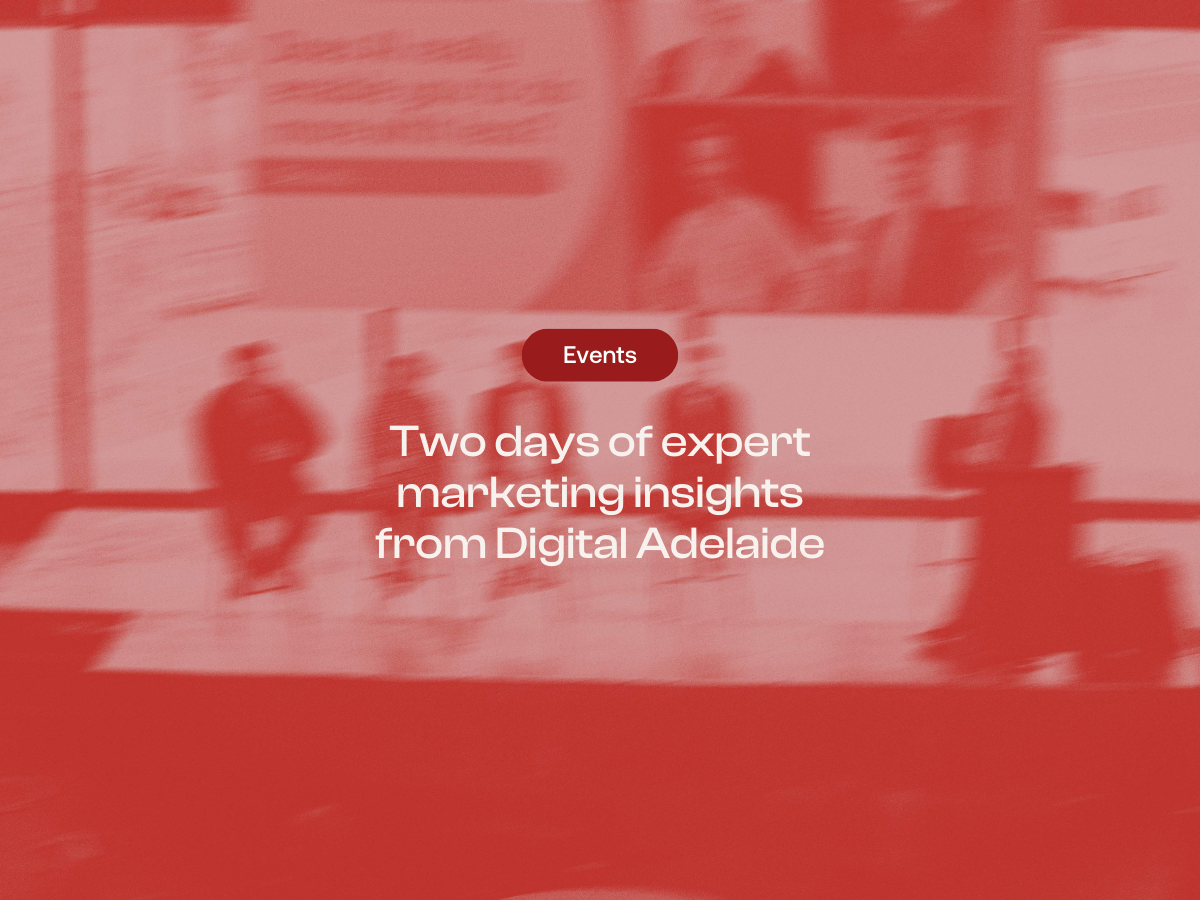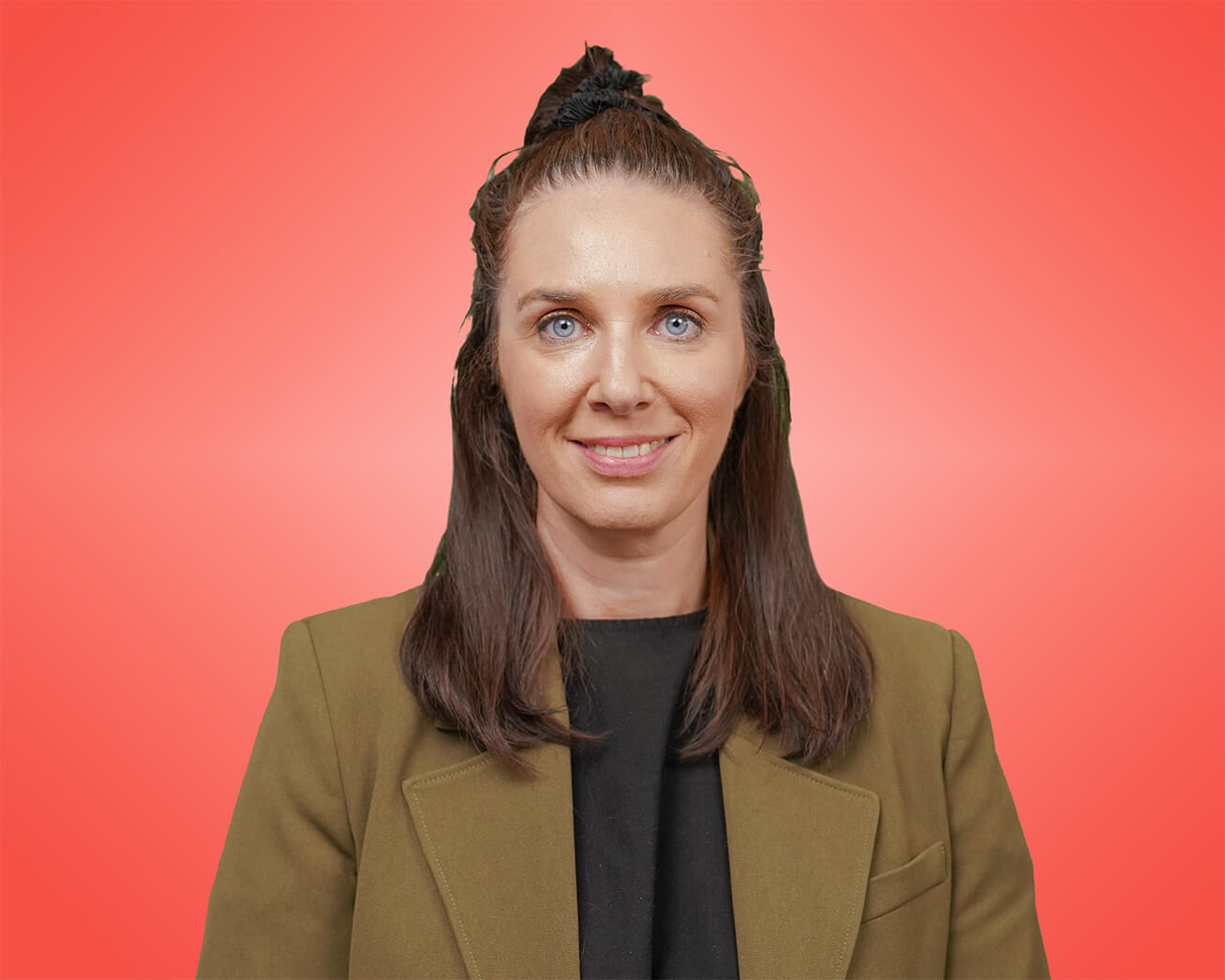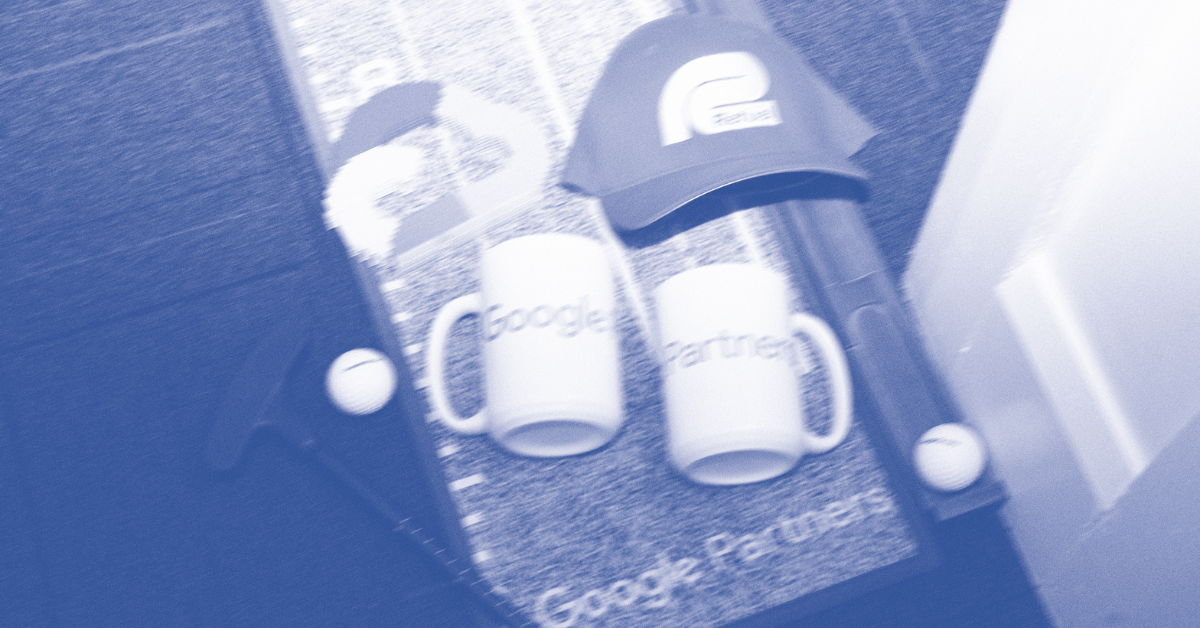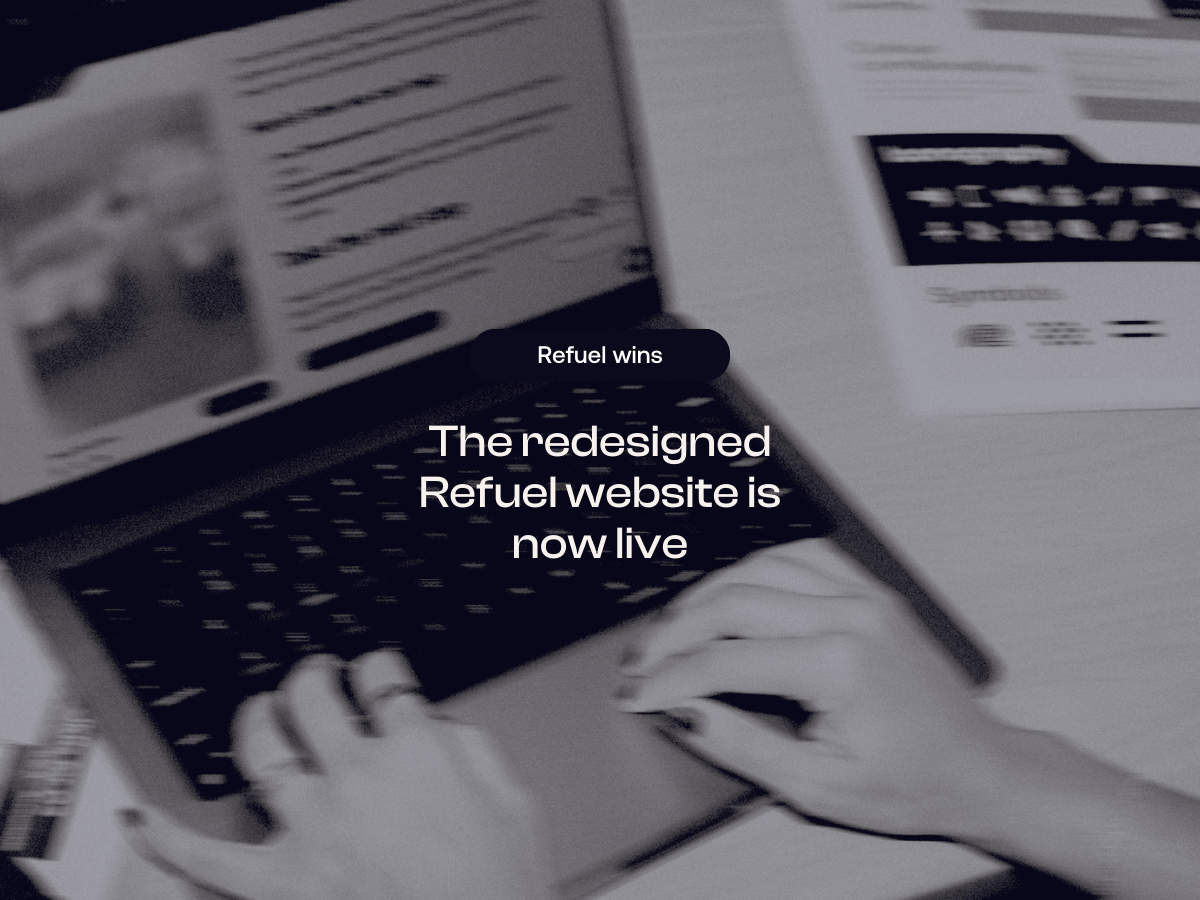Digital Adelaide 2025: The future of marketing is old school

Last updated: 29 August 2025
There is no better setting for the biggest digital marketing conference than the iconic Adelaide Oval. Attendees were welcomed with massive signs around the Oval and smiling organisers excited for the two-day conference.
In it’s 11th year, we were lucky enough to have two MCs for the entire event in Ed Garner and Shanelle Franklin. A mix of keynotes and B2B and B2C streams meant that over the two days we would all have the privilege of hearing from 21 speakers. We couldn’t be in two places at once, but there was more than enough time afterwards to play catch up.
Digital Adelaide brings together the best digital marketing minds and showcases a range of marketing topics. From marketing strategies for B2B to getting 5-star reviews and of course, the role AI plays in marketing.
We want to recap the main takeaways first so that those who weren’t able to make it can still benefit from the insights shared.
The customer-centric revolution
The most consistent message throughout the conference was clear: understanding your customer isn't just important, it's everything. The most effective marketing strategies don’t start with flashy campaigns or trending platforms. They start with deep insights into your customer base.
This customer-first approach means more than just collecting feedback. It requires systematic listening across all touchpoints, from social media comments to support tickets and reviews. Businesses are using customer conversations to shape their content strategy. They focus on real language and pain points to create authentic messaging.
Customer insights are being used to inform major business decisions, too. You can use journey mapping, a customer experience tracker and profile research. This helps you make decisions based on facts instead of just your gut feeling. By addressing customer pain points, you can make their experience better with you, your brand, your product or your service.
Another way to find out what your customers really think is to ask for reviews and social media comments. That way, you’re learning about them directly from them. You can use what you learn to put together marketing campaigns that directly speak to your audience.
It is important to know your audience. You should tailor your message to their needs instead of trying to reach everyone at once. Keynote speakers Michael Healey from RAA and Sam Davies from KWP+ Partners emphasised that marketing drives business success.
Before you start developing any strategies, ask yourself, “How does this organisation make money?” That question will guide you on where to start.
The takeaway: Stop guessing what your customers want. Don’t fall into the trap of using a channel as the solution without first understanding their problem.
Start having regular conversations with them. Track their journey with your business. Use their actual words in your marketing.
AI as an amplifier, not a replacement
Despite the hype surrounding artificial intelligence, the conference painted a subtle picture of AI's role in marketing. AI is great as a productivity tool for mundane tasks, but human creativity and strategic thinking are still irreplaceable.
The most effective AI implementations focused on automating repetitive work. Transcribing notes, drafting content, analysing data, and writing coffee machine manuals to allow marketers to focus on strategy and building genuine customer relationships. The quality of AI outputs depends entirely on the quality of the human input.
The takeaway: The future belongs to marketers who can become a hybrid of “prompt engineers” and creative storytellers. AI can do the work, but you must provide the vision, strategy, and an authentic voice that makes the content stand out.
Brand building in the long game
Keynote Robin O’Connell from LinkedIn posed the question: is building a brand an art or a science? He argued it's a bit of both, but that the science of it is often overlooked.
Most marketers only focus on the 5% of the market that is buying now. They ignore the 95% who are not buying but will be in the future. The key to long-term brand growth is creating memorable content that captures the attention of this broader audience.
Building a brand in a saturated market is challenging, especially against competitors with large budgets and loyal customers. But there is a way. If you niche down and focus on a specific audience rather than competing with those larger brands, you’ll find success.
The takeaway: Effective brand building requires consistent reach, attention-grabbing creative and frequent exposure. The goal is ensuring your brand comes to mind when customers enter their buying cycle, which often happens months or years after they first encounter your message.
Storytelling is imperative
Storytelling isn't just for creative industries. It's the foundation of effective communication for any organisation wanting to drive change. The most compelling content doesn't just inform, it transforms how people think and feel about their challenges and opportunities.
A core message from keynote Jeremy Aubert from Fleet Space Technologies was his Catalytic Communication strategy, which focuses on shifting a conversation’s intent from a desired outcome to a desired change. This involves clarifying intent, connecting through various mediums, like emails or presentations and using a framework to accelerate that change. The goal is to focus on the long-term impact rather than just the immediate result.
The takeaway: Start by clarifying the change you want to create, then choose the right systems and contexts to deliver your message and finally, design content that triggers the desired response in your audience.
What is digital marketing, anyway?
This was my first time hearing from the marketing legend, and final keynote, Sputnik. I wasn’t disappointed. Well, only in that we couldn’t hear from Sputnik for longer!
The point I loved the most was that digital marketing is marketing on a digital channel. When you think about it like that, you can think about fundamental marketing principles and how they apply to these digital channels. It becomes about the 4 P’s: product, price, place and promotion. This is old school style marketing.
The takeaway: The principles of marketing were always about the customer, the person behind the wallet or the keyboard. Put yourself in their shoes and make sure you fine-tune your message to suit.
Our team's takeaways
As major sponsors of the event, a number of the Refuel Creative team were lucky enough to be there. We wanted to share their individual takeaways, too, as we had everyone from a roaming photographer and videographer to speakers and attendees in the B2B and B2C rooms.
Alice, our roaming videographer and social media specialist took away the importance of the customer experience and how using tools to better understand your customers goes a long way when marketing to them.
Big Easy Group uses their booking system to gather information about customers and connect that to their CRM to send customised newsletters. They also get on top of negative reviews or mistakes in their restaurants by looking after them, offering a free dessert etc, to help take accountability and improve their experience before it spirals. The fact that three-quarters of their customers come from word-of-mouth shows that what they're doing is working.
Thuy, our roaming photographer, loved hearing about how many of the speakers mentioned the importance of knowing and understanding the customers that you’re marketing to. She also noted hearing from different businesses and how they relate to their customers and empathise with them in an effort to personalise the customer experience.
Ryan was one of the event organisers, a presenter and a panellist. He enjoyed hearing about the value people place on Google Reviews. He also liked hearing that AI wasn’t being used to replace humans but rather to augment their existing teams.
Shaun was lucky enough to sit in on the B2B stream of speakers. The biggest takeaway for Shaun was about AI.
While it has been instrumental in the time saved to produce creative content, the creative being produced still needs to be of great quality. It’s not about cheaper creative. It’s about helping to produce better quality creative.
For me, I just love events: the excitement, the coming together of really cool minds all there to share what they know. I love hearing about what other businesses are doing to make an impact, to drive sales and to create an amazing experience for their customers. Hearing this gets my mind ticking on how we can take those ideas and make them work for us.
Looking forward
While technology is constantly evolving, the foundational principles of effective marketing remain the same. Know your audience, provide value and build trust.
This was quite a refreshing message. As we move more into the future and new tools and platforms are being created or improved, it would seem that the core foundations of what we all know marketing to be are still very much a part of the future of marketing. It has and always will be about the customer.
The ones that can use the tools that can help them know and understand customers more, whatever the marketing budget is, are the ones that will resonate more, be seen more and eventually be chosen. It’s not about who is the biggest, or the shiniest, it’s about the ones who really care the most. And that makes me proud to be a marketer.


.png)



